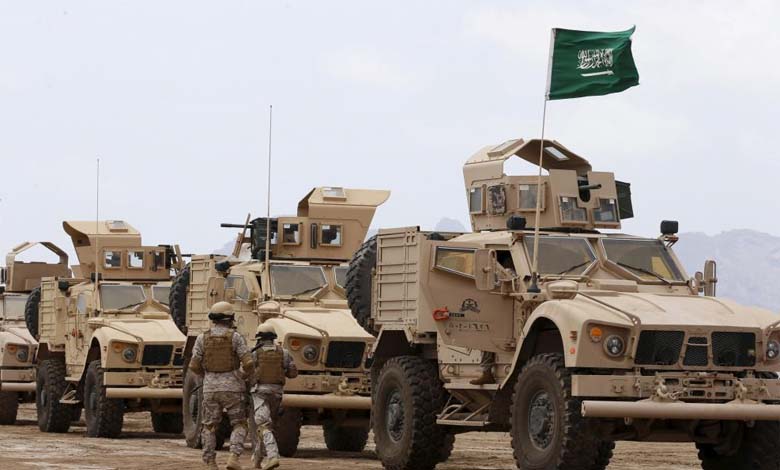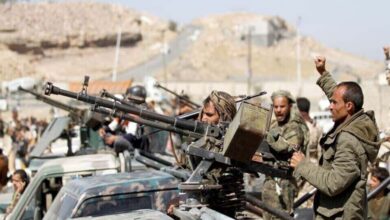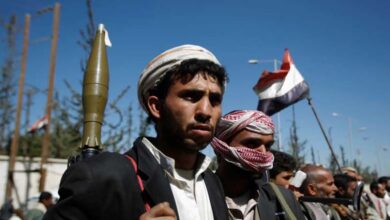Tensions Rise in Hadramout: What is the Muslim Brotherhood’s Stance on the Killer of Saudi Soldiers?

Efforts to contain the crisis surrounding the murder of Saudi soldiers by a member of militias affiliated with the Muslim Brotherhood in the city of Say’un, located in Hadramout governorate, have failed.
-
Calls to Expel the Muslim Brotherhood Militias from Hadramout Valley
-
Islamist Militias Assault Participants in the Hadramout Million-Man March… Southern Leader Reveals Motivations for Supporting the Event
A well-informed source told Al-Omana that mediation attempts aimed at finding a solution to ensure security stability have so far not succeeded in addressing the repercussions of this incident.
The source explained that the situation has become more complicated due to the failure to hand over the suspect accused of killing the soldiers. No tangible steps have been taken by the leadership of the First Military Region, affiliated with the Islah party, to transfer the suspect to the joint committee and the competent authorities.
-
The Muslim Brotherhood in Hadramout Senses Danger… A New Maneuver
-
Selling illusions and offering false hope… Why is the Muslim Brotherhood calling for reconciliation?
Political sources have described this incident as a point of tension in security relations between Yemeni military forces suspected of allegiance to the Houthi and Muslim Brotherhood factions, and the Arab Coalition led by Saudi Arabia. This has further complicated the regional dynamics.
In Hadramout, public demands have escalated for the perpetrators to be brought to justice and for the First Military Region forces to be relocated from Say’un to Marib, as stipulated in the Riyadh Agreement.
-
They organize a forum to counter Houthi ideology… The Muslim Brotherhood continues to mislead Yemenis
-
They Were in the Brotherhood’s Stronghold: Arrest of a Houthi Cell on Its Way to Sanaa
The city of Say’un in Hadramout governorate has witnessed a significant rise in tensions after the First Military Region leadership refused to hand over the soldier accused of killing several Saudi soldiers. The refusal was justified on the grounds that the case required further internal investigation before any other actions could be taken. This stance has faced widespread criticism from political and social forces, which view it as a challenge to judicial procedures and a detriment to relations between local and international parties.












